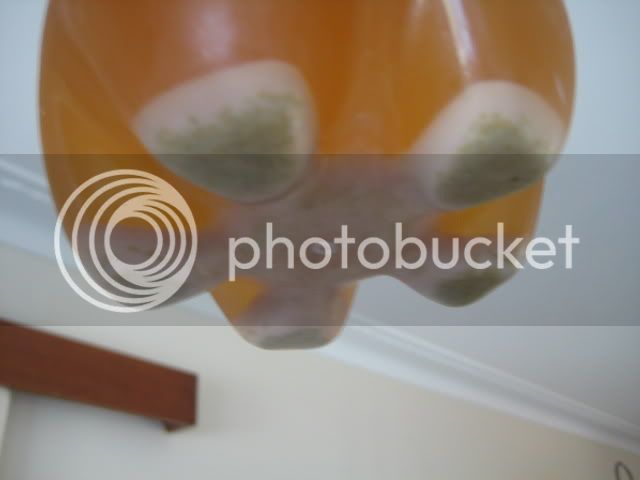Cube
SAY MY NAME, BITCH
- Joined
- 11/8/08
- Messages
- 1,043
- Reaction score
- 142
I can't seem to get them to float. They sink almost instantly and are then buried under the sediment over the weeks of carbonation and clearing.

Zero fizzing issues. I wonder why mine sink? A second consideration is that their flavour/aroma comes out, then they are buried after about 4 days ... this might be why I also don't get grassiness.
Still looks the mud you bottled in the opening post mate. Is that a few days bottled or months old and ready to drink?
I'm interested because I prefer others to make the mistakes and I benefit from them. No offence intended - if you like it brew and drink your liver silly with your preferred poison. :unsure: We all do.




